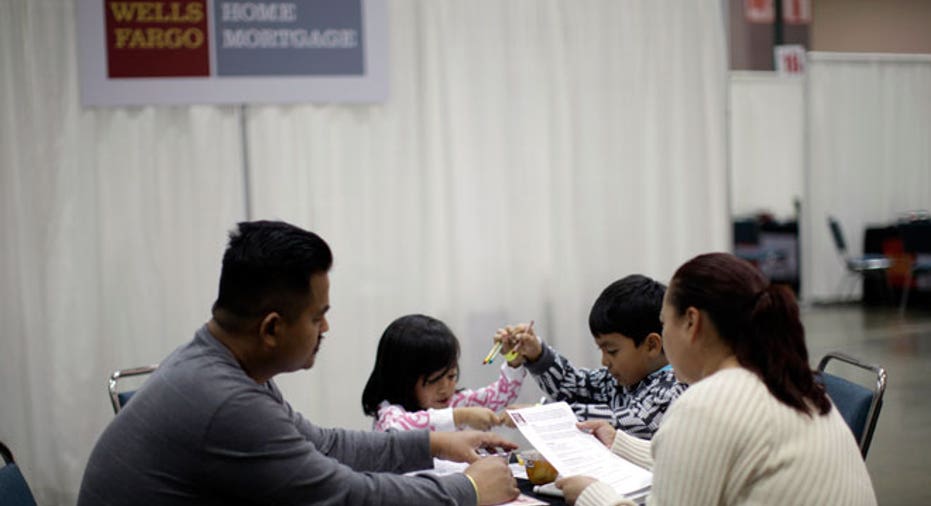Teaching Gap: 83% of Teens Don’t Know How to Manage Money

Although teenagers typically think they know everything, most of them don’t know anything about managing money.
An overwhelming majority of teens --87% -- admit they don’t know much about personal finance, according to a new study by ING Direct.
“They do want to learn, but right now they don’t have the tools they need,” says Laura DiLello, ING Direct spokesperson. “They know that having a savings account is important.”
The study shows that 35% of teens want to learn how to save, and 28% know that managing a budget is important and want to learn the required skills.
“They realize that these are things they need to know about, but who’s teaching them is another thing,” DiLello says. “Typically, teens learn financial management skills in school or in the home, but parents today are not as confident in their abilities to teach financial literacy.”
Nine out of 10 teens report their parents were good financial role models, according to the survey, while only 1 out of 5 parents say they are setting good financial examples. Approximately 40% of parents say that over the last few years they’ve had to sacrifice contributions to their children’s savings accounts in order to pay for expenses during the economic downturn.
“Parents really need to gain more confidence,” says DiLello. “They may be going through their own financial problems, but it doesn’t mean they aren’t a good influence.” She continues to say that parents can use financial hardships and strained budgets as an opportunity to talk about finances and teach kids about managing money.
“If you are cash strapped, don’t have a whispered conversation in the corner with your spouse. Talk about it at the dinner table and make a game out of who can save the most,” she suggests. “Teens need to understand what ‘tough times’ means. If you’ve already weathered the storm, then have a chat about what you did to make it through and about what your day-to-day financial decisions were that they could learn from.”
Today, most teenagers are not learning any personal money management skills because no one around them talks about it, says Judy Hoberman, marketing expert and President and CEO of Selling in a Skirt.
“Unfortunately, the parents think the schools are doing the training and the schools think the parents are doing the training,” Hoberman says. “Teens are brought into an environment where you use plastic for most of your big purchases, and if you need cash, you go to a little machine and money comes out.”
She suggests parents include teenage kids in their budget planning. If a teen wants a pair of $150 shoes, then the parents have to sit down and say, “Here’s a plan for how we’re going to get them.” Parents have to be the first line of defense in explaining to their children the difference between wants and needs and that a household income has limits, she says.
On a positive note, the survey showed many teens are already trying to earn their fair share of the household income: 44% of teens report getting the majority of their money from a job outside the home, while 30% of teens get their money from an allowance provided by parents.
“Less than one-third of teens are getting their allowance from parents these days, and we’re seeing a high percentage of teens working,” says DiLello. “We think it’s fantastic that so many of them are working, but budgeting skills can still be taught with a weekly or monthly allowance.”
“It’s surprising how many people don’t give their kids an allowance these days,” says Brian Hoyt, spokesperson for RetailMeNot.com, a coupon and discount website that recently partnered with Junior Achievement to bring retail sales and coupon education to schools.
Children and teens who grow up with an allowance find that balancing a budget is a “natural” next step in the process, because they’ve got to keep track of the money coming in and going out. Children with allowances or income from part-time jobs are also more likely to have savings accounts, Hoyt says. For parents who can’t afford to give their child an allowance, Hoyt says it’s important to continue having conversations around the dinner table.
“The bad economy has done a lot of negative things, but we hope it’s also awakened teens to the fact that tomorrow may be a rainy day, and we need to prepare for what may happen,” says Hoyt. “If you are the child of a parent who has recently lost their job, it’s never been more apparent that you need to save money.”



















